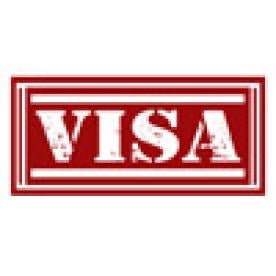The 2008 Department of Homeland Security (DHS) rule allowing certain F-1 visa students with Science, Technology, Engineering or Math (STEM) degrees to extend their stay for an additional 17 months of training related to their degrees in the U.S. is deficient, a federal judge for the U.S. District Court for the District of Columbia has held. The judge concluded the DHS rule was not properly subjected to public notice and comment. However, the judge permitted the rule to remain temporarily in effect. Washington Alliance of Technology Workers v. U.S. Department of Homeland Security, No. 1:14-cv-00529 (D. D.C. Aug. 12, 2015).
F-1 student visa holders are eligible to extend their visa status to work in the U.S. for up to 12 months following their graduation. Their employment during that time, known as optional practical training (OPT), must be related to their field of study. Prior to 2008, after the expiration of their OPT, such visa holders, regardless of their academic field, had to change to some other nonimmigrant visa status to work and remain in the U.S. If not, they would have to depart the U.S. after the expiration of their post-F-1 grace period.
The DHS STEM extension in this case allowed F-1 student visa holders who had earned STEM degrees to extend their OPT in their STEM field for an additional 17 months. The STEM extension has been useful and popular both for F-1 student visa holders and their employers, and employers have utilized the extension to further train and hire such foreign nationals and to evaluate these trainees and plan for possible sponsorship of nonimmigrant visa status and permanent employment.
Under the Administrative Procedure Act (APA), federal agencies must provide notice to the public of any proposed rulemaking and give them the opportunity for comment prior to the rule becoming effective. An agency is exempt from the notice-and-comment period only if it can establish that an emergency excused it \ from complying with the procedural requirements. In concluding the rule was procedurally deficient, the judge found the emergency exemption did not apply to the STEM extension rule.
The judge did not immediately vacate the rule, however, acknowledging that this would be “seriously disruptive” to those taking advantage of the extension. She stayed the vacatur until February 12, 2016, giving DHS time to submit the STEM extension rule to the notice-and-comment period as required by the APA.
Individuals currently employed pursuant to a STEM extension still maintain valid employment authorization. Assuming DHS initiates the notice-and-comment period for the STEM extension rule, as the judge concluded it should have done, there should be no long-term impact on STEM employees or their employers.




 i
i

